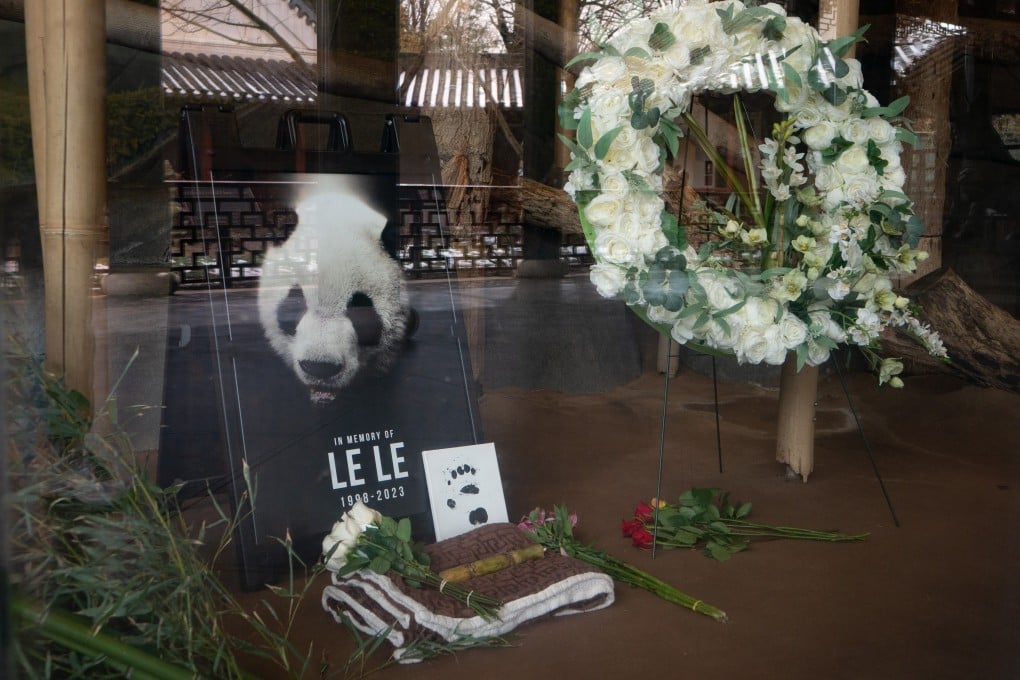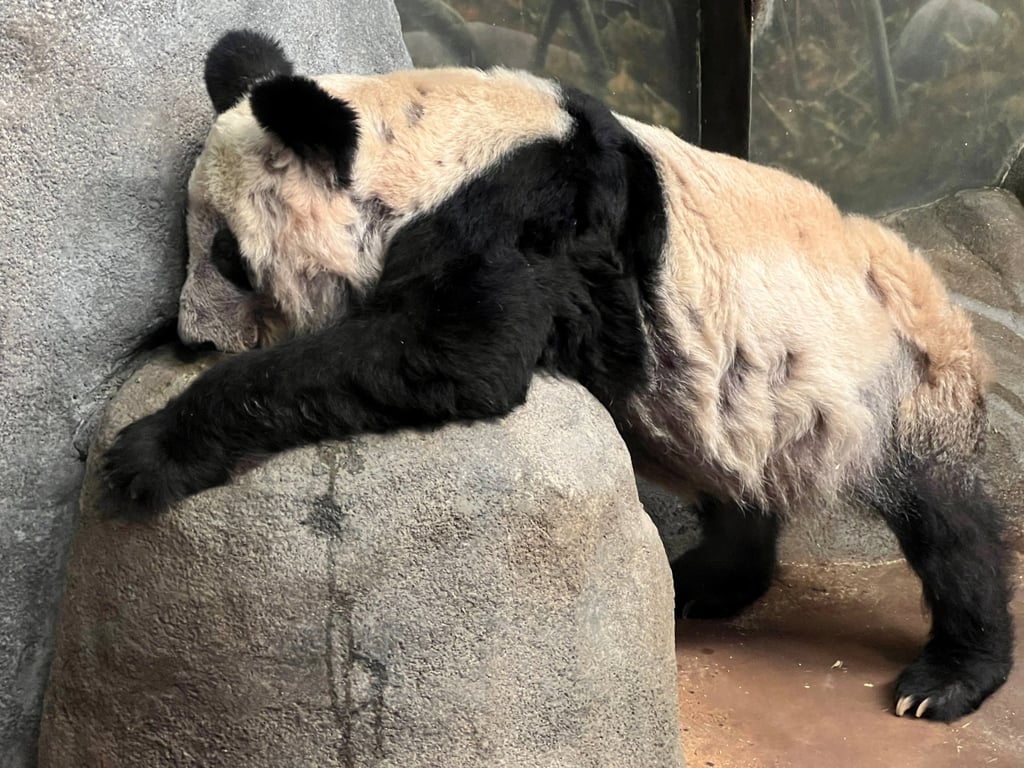Advertisement
Autopsy reveals giant panda Le Le died of heart disease at US zoo
- Further testing will confirm preliminary results showing cardiac issues as cause of death, according to Chinese and American experts
- Ya Ya, the bear’s female companion at the Memphis Zoo, will return to China in April after a 20-year loan agreement expires
Reading Time:2 minutes
Why you can trust SCMP
3

The death of a giant panda at a zoo in the southeastern United States was caused by heart disease, according to an autopsy by Chinese and American scientists.
The experts said the preliminary autopsy findings, released on Sunday, would be confirmed by further pathology tests.
Le Le, who died on February 1 at Memphis Zoo in the state of Tennessee, was set to return to China after the end of a 20-year loan agreement.
Advertisement
The Chinese Association of Zoological Gardens said China was prepared for Ya Ya, another panda at the zoo, to return home.
“The Chinese and American sides are liaising … so that Ya Ya can be transported back to China as soon as possible,” the association said on Sunday, adding that Chinese authorities had issued import and quarantine permits and confirmed a quarantine site for her.

After examining Ya Ya at the zoo and reviewing her medical reports, the Chinese experts said she suffered from hair loss caused by skin disease but had a good appetite, normal stools and a stable weight.
Advertisement
Advertisement
Select Voice
Select Speed
1.00x